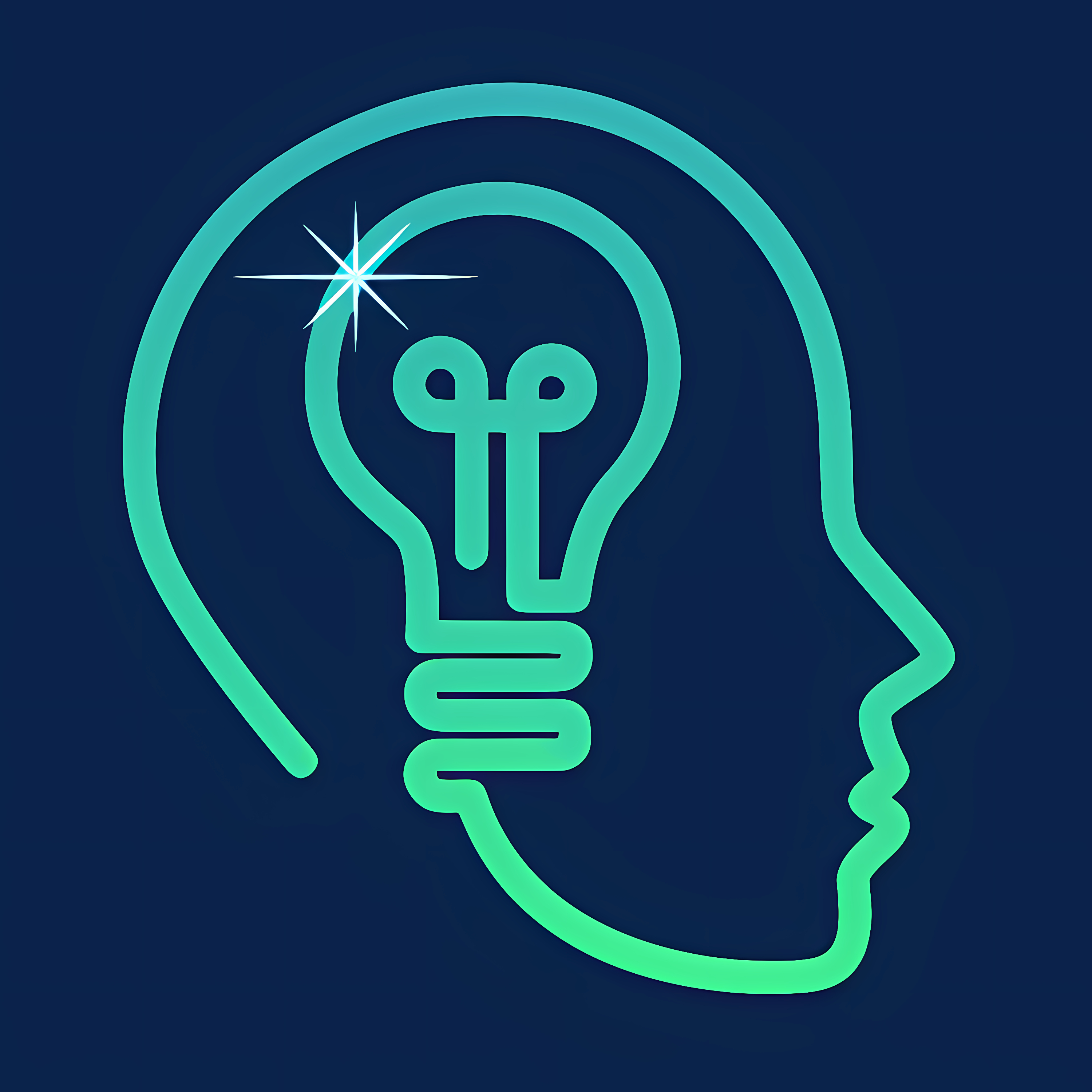EarWorm
<i>"Dialogues on hearing health that you can’t stop thinking about"</i> <br><br>EarWorm is produced by the National Center for Hearing Assessment and Management (NCHAM - pronounced "en-cham") and is one of many research centers located at Utah State University in Logan, Utah. The mission of NCHAM is to ensure that all infants and young children with hearing loss are identified as early as possible and have access to timely and appropriate audiological, educational, medical intervention, and family support services. NCHAM receives funding from multiple sources to conduct research, training, and technical assistance activities to support and improve newborn and early childhood hearing screening, diagnosis, and early intervention.<br><br> NCHAM has served as the Early Hearing Detection and Intervention National Technical Resource Center (EHDI NTRC) for many years. The EHDI NTRC is currently funded as a cooperative agreement (U52MC04391) with the Maternal and Child Health Bureau (MCHB) of the Health Resources and Services Administration (HRSA) at the United States Department of Health and Human Services. The work of the EHDI-NTRC is funded in part by a cooperative agreement (U52MC04391) from the Maternal and Child Health Bureau (MCHB) of the Health Resources and Services Administration (HRSA) at the United States Department of Health and Human Services.<br><br>Any views, thoughts and opinions expressed by participants in EarWorm are solely that of the participants and no endorsement by NCHAM, USU, or MCHB/HRSA is implied or expressed.
RSS iTunesThis is a Freebox. You can put any valid HTML in here. Or disable this feature if you don't need it.

New Frontiers in Universal Hearing Screening: Genetic Screening featuring Eliot Shearer, MD
2023-11-01
EarWorm Episode 004 with William Eiserman, Ph.D. and Eliot Shearer, MD
The newborn hearing screening system known as the Early Hearing Detection and Intervention or EHDI system is lauded as one of the most significant public health achievements of that last several decades. Approximately 3 in 1000 children are identified with a permanent hearing loss as a result of newborn screening. Despite the significance of this programmatic achievement it is estimated that the number of children with permanent hearing loss doubles in a few short years following the newborn period. Promising Methods now exist that would allow us to identify many of these children who will develop a hearing loss subsequent to the newborn period. During this episode of EarWorm, we will discuss how the existing newborn hearing screening protocol could be expanded and potentially identify children who may be among those who could develop hearing loss in subsequent months or years after the newborn period. Host: William Eiserman, Ph.D.
DownloadFiletype: MP3 - Size: 41 MB - Duration: 21:52m (256 kbps 44100 Hz)
Powered by Podcast Generator, an open source podcast publishing solution | Theme based on Bootstrap